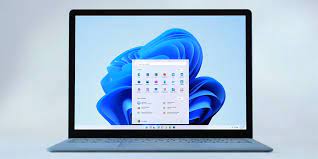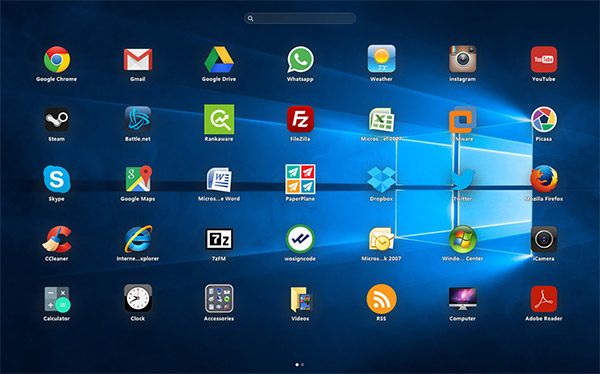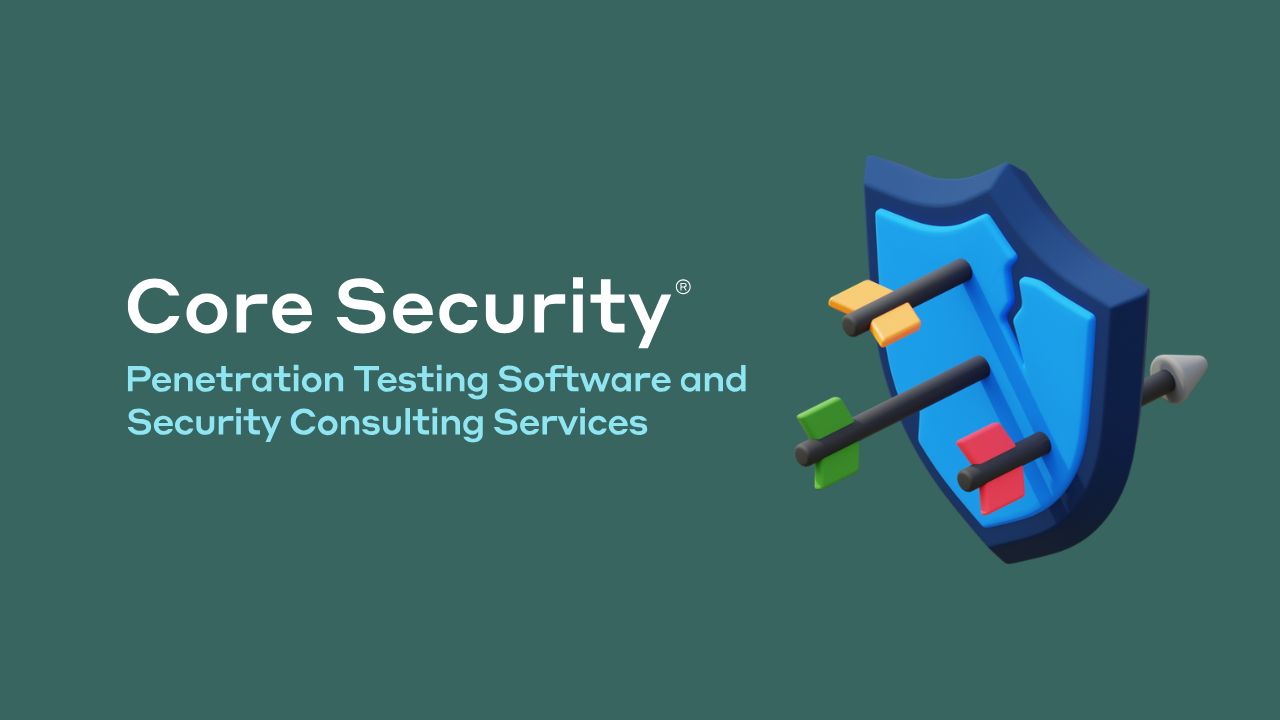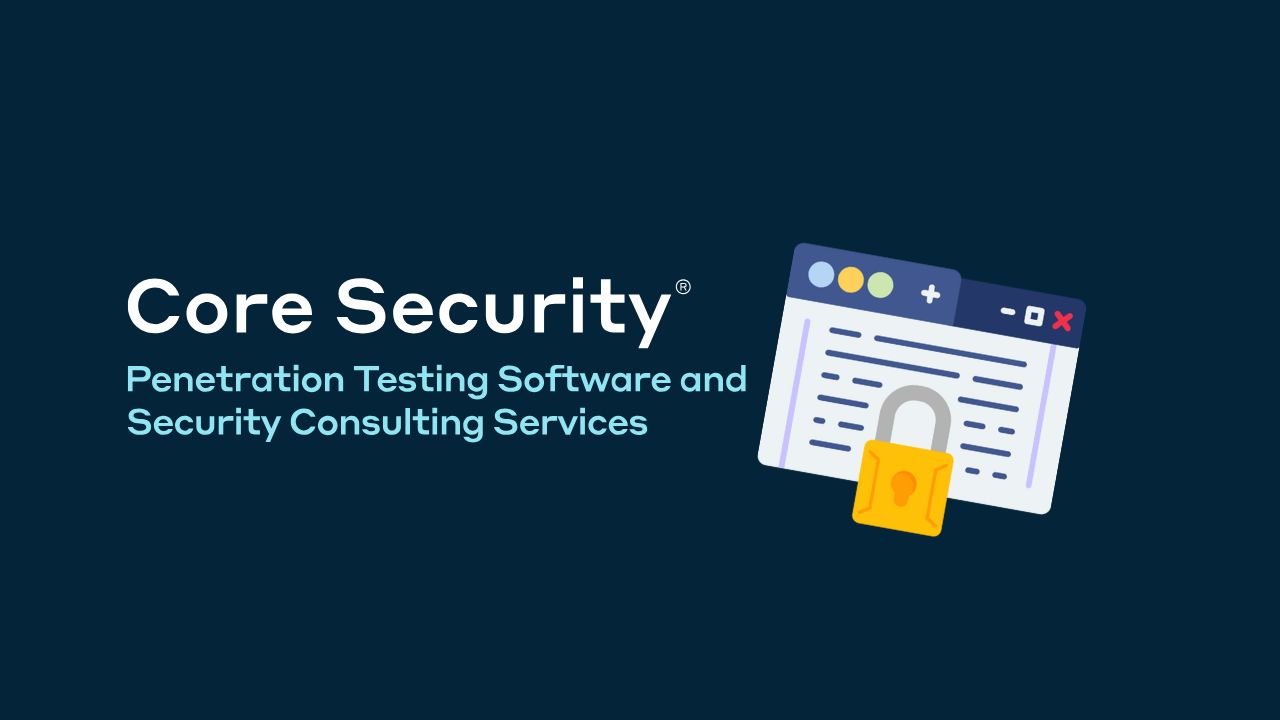It’s time to install Windows 11, and you’re stuck on hardware requirements. It’s easy enough to bypass them, but should you?
Let’s see if bypassing Windows 11 hardware requirements is a good idea.
Bypassing Windows 11’s Hardware Requirements
Windows 11 hardware requirements are fairly light. We have covered the system requirements of Windows 11 in the past and they are still more or less attainable for most modern machines.
Still, if you were looking to bypass the hardware requirements to run Windows 11 on a weak machine, the ways to bypass Windows 11’s system requirements are easy and comprehensive.
Windows 11 runs largely fine regardless. So what are the real downsides of bypassing the hardware requirements?
What are the risks of skipping Hardware Check for Windows 11?
Taking a look at the hardware requirements from the official Windows 11 Microsoft page, we can see several potential constraints.
Namely, RAM and processor requirements. Bypassing these can have a serious impact on your user experience. You can expect your system to slow down or crash frequently.
On the other hand, the performance and GPU requirements are almost a mild suggestion. Windows 11 is flexible enough to run on a weak GPU, and its performance may drop significantly.
So, again, what are the real disadvantages of bypassing these requirements?
Hardware Needs You Shouldn’t Leave
When you get down to it, there are two hardware requirements you really shouldn’t skip. These are the Secure Boot and TPM requirements.
This is because Secure Boot prevents rootkits and malware from running before the operating system does. The TPM, or Trusted Platform Module, is a physical chip that helps securely store the private information used to authenticate your platform. Information such as hardware certificates can be stored here.
This means that your computer is much more vulnerable to modern malware attacks without these requirements. These hardware checks are essential to ensure that your computer can securely connect to the modern Internet without fear of slipping through your antivirus.
You have the option to bypass
At the end of the day, it is entirely your choice to waive these requirements. Many people skip them and run into very few issues.
However, it’s worth bearing in mind that these requirements aren’t just an attempt to make your hardware obsolete. There are some very real security concerns associated with running Windows 11 without specific hardware.
If your computer is five or six years old, chances are you can’t upgrade to Windows 11 because of the TPM 2.0 requirement. But is TPM 2.0 really necessary or is it just a ploy to buy new hardware?
Let’s take a look at why Windows 11 needs a TPM, and why Microsoft won’t automatically let you upgrade if you don’t have TPM 2.0.
What is TPM?
The Trusted Platform Module (TPM) is a small chip, either on your CPU or as part of your motherboard. And while it’s not a spectacular piece of hardware, it plays an important role in your computer security.
TPM is a cryptoprocessor that uses cryptographic keys to protect your data. As such, it enhances the security of your computer by adding hardware-based protection.
Is TPM something new?
While we didn’t give much thought to the TPM until Microsoft announced the Windows 11 requirements, the Trusted Platform Module is nothing new. In 2011, TPM 1.2 was launched and was designed for computers owned by businesses. Now, Microsoft plans to provide the same level of security to every Windows user.
However, if you’re determined to test out the new OS, you can install Windows 11 even if it doesn’t have TPM 2.0.
Why does Windows 11 ask for TPM 2.0?
Windows is the most used operating system in the world. As a result, most ransomware attacks are directed at Windows users. To reduce the impact of these attacks, Microsoft requires TPM 2.0 when upgrading to Windows 11 to ensure a more secure system.
According to Microsoft, the Trusted Media Platform can protect user credentials and encryption keys, among other sensitive data, by adding a hardware-based security shield. This way, your computer will not be affected by malware attacks. In Windows 11, BitLocker uses the TPM for data protection, and Windows Hello uses it for identity protection.









